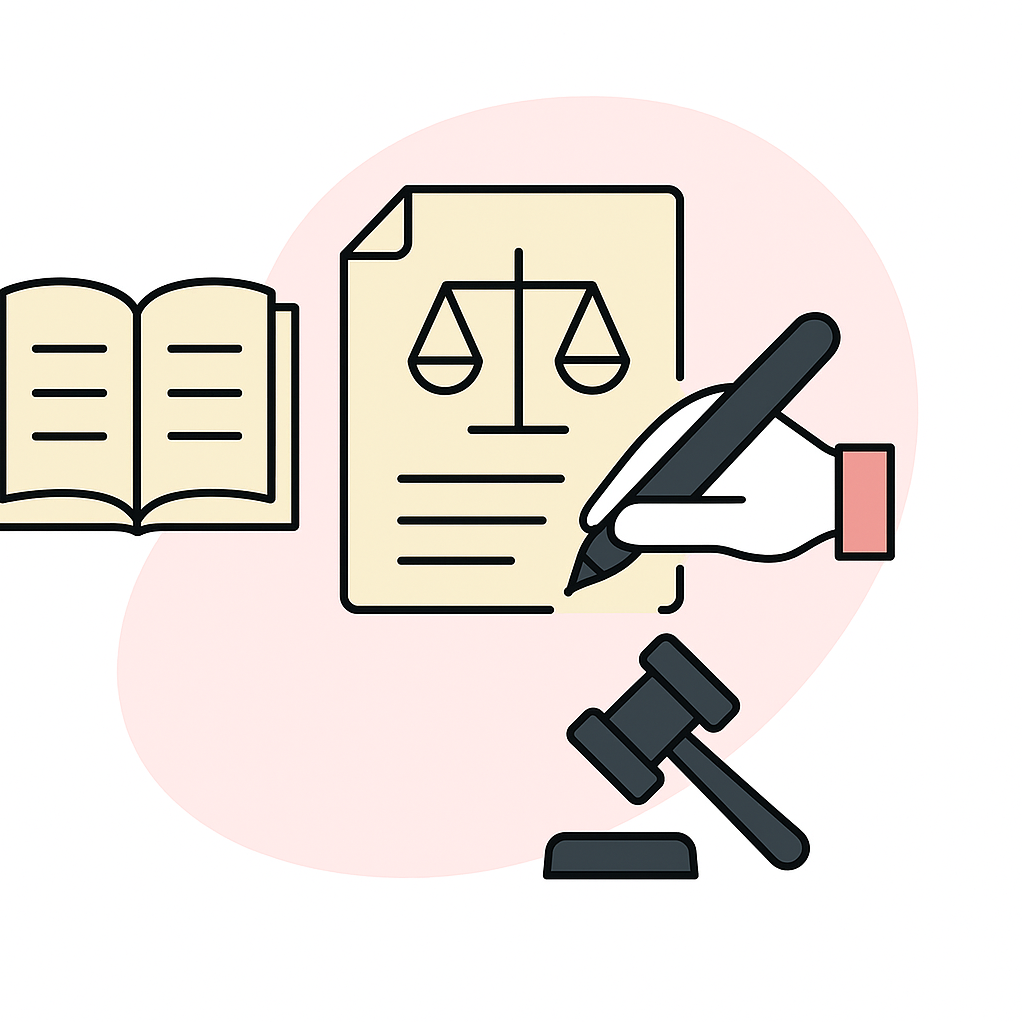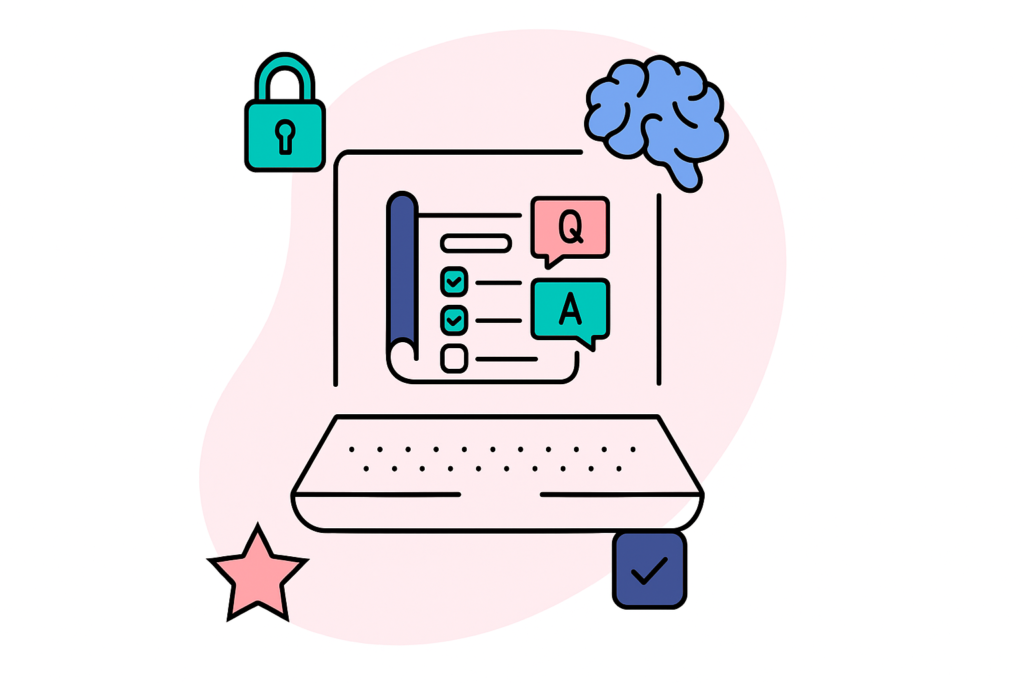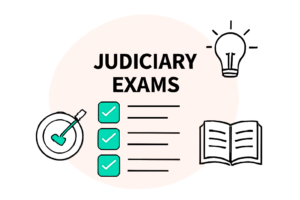Preparing for judiciary exams demands more than just hard work, it requires smart strategies, and effective note-making is one of them. A well-organized note system simplifies complex topics, enhances retention, and saves time during revision.
In this blog, we’ll explore how note-making can transform your preparation, the types of notes to use, and how Edzorb Law can supercharge your efforts.
Why Note-Making is a Game-Changer

Clarity and Simplicity
- Simplifies complex legal topics into digestible formats
- Makes it easier to grasp and remember key points
- Reduces overwhelm during your study sessions
Boosts Retention and Recall
- Writing and revising notes strengthens memory
- Helps retain core concepts and case laws for the long term
Saves Time and Increases Efficiency
- Provides a quick reference for revision
- Helps you focus on weaker areas without going through entire textbooks
Types of Notes You Should Use
1. Proper Notes
- Detailed and chronological
- Ideal for recording full lectures or study material
- Can be overwhelming if not later condensed
2. Short Notes / Skeleton Notes
- Condensed versions of proper notes
- Highlight key principles, case laws, and core concepts
- Use bullet points and headings for easy revision
Why Making Notes Matters
Consolidation of Information
- Turns lengthy texts into bite-sized, understandable points
- Helps grasp difficult topics quickly
Quick and Targeted Revision
- Saves precious time
- Your notes become a go-to tool in the final exam weeks
Better Memory Retention
- Writing reinforces concepts
- Increases the likelihood of remembering what you study
Identifying Learning Gaps
- Helps you spot weak areas easily
- Encourages continuous self-assessment
Time Management
- Focus more on challenging sections
- Helps optimize your daily study routine
Confidence Boost
- Gives you a sense of control and preparedness
- Reduces anxiety and boosts exam performance
Tips for Making Effective Notes

Stay Consistent
- Develop a habit of daily note updates
- Avoid last-minute stress
Be Selective
- Write in your own words for better understanding
- Skip rote copying
Use Abbreviations & Symbols
- Create a shorthand system to speed up note-making
- Keeps content compact and readable
Color Coding
- Highlight important concepts and laws using colors
- Makes notes visually appealing and easy to navigate
Revise Regularly
- Frequent reviews reinforce retention
- Keeps concepts fresh in your mind
The Power of Organized Notes
Mastering the art of note-making gives you the edge you need in judiciary exams. With a mix of strategy, structure, and discipline, your notes can become your most powerful revision tool.
Supercharge Your Prep with Edzorb Law
Why stop at handwritten notes when Edzorb Law offers:
- Audio-visual notes curated by legal experts
- Visually engaging, exam-focused content
- Simplified legal concepts with dynamic visuals
👉 Download the Edzorb Law app today and revolutionize your judiciary preparation!

 Podcast
Podcast








 Features
Features






